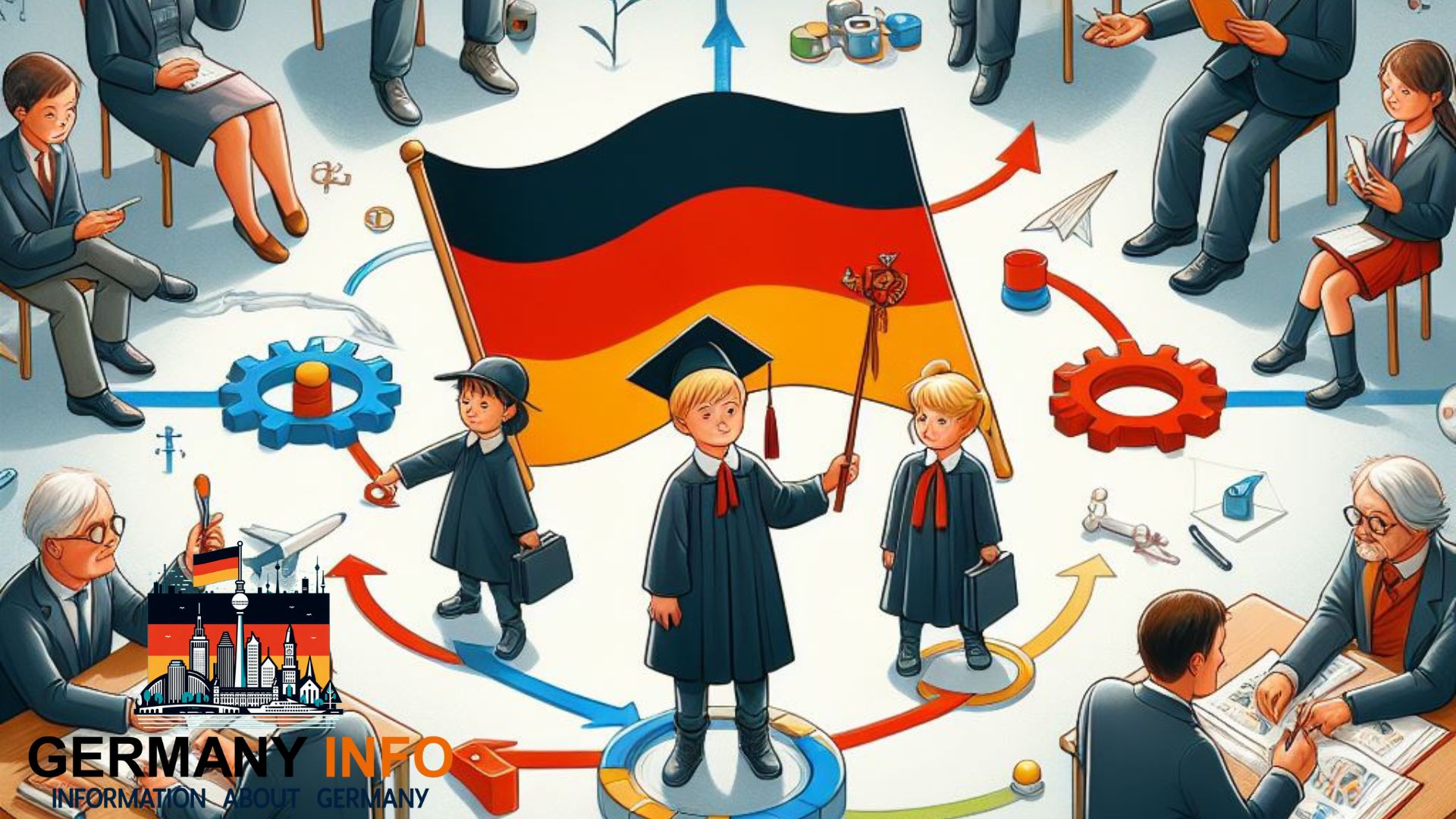Exploring the structure of the German education system offers valuable insights into its comprehensive and inclusive approach to learning. This article provides an overview of the educational journey from kindergarten through university, highlighting key stages, principles, and features of the German education system.
Early Childhood Education: Kindergarten and Preschool
Kindergarten (ages 3-6)
Kindergarten serves as the first formal educational experience for children in Germany. It focuses on socialization, play-based learning, and the development of essential skills such as language, motor skills, and creativity. Kindergarten is not mandatory, but the majority of children attend to prepare for primary school.
Preschool (ages 0-3)
Preschool, also known as daycare or nursery school, provides care and early education for children under the age of three. While not part of the formal education system, preschools play a crucial role in supporting working parents and promoting children’s development.
Primary Education: Grundschule (Ages 6-10)
Structure of Grundschule
Grundschule, or primary school, is a four-year program that typically begins at age six. It provides a comprehensive education in core subjects such as German, mathematics, science, social studies, and physical education. Grundschule aims to foster academic skills, social development, and a love of learning in children.
Transition to Secondary Education

At the end of Grundschule, students and their parents, along with teachers’ recommendations, decide on the appropriate secondary school track based on academic performance and interests. The two main types of secondary schools are Gymnasium and Gesamtschule.
Secondary Education: Gymnasium and Gesamtschule (Ages 10-18)
Gymnasium
Gymnasium is a type of secondary school that offers a rigorous academic curriculum leading to the Abitur, the qualification for university entrance. It typically spans grades 5-12 or 5-13, depending on the state. Gymnasium emphasizes a broad range of subjects, including languages, mathematics, sciences, humanities, and arts.
Gesamtschule
Gesamtschule is a comprehensive secondary school that integrates students of all academic abilities and offers a diverse curriculum tailored to individual needs. It provides a combination of academic and vocational tracks, allowing students to pursue different pathways based on their interests and abilities.
Vocational Education and Training (VET)
Dual Education System
Germany’s dual education system combines classroom instruction with practical, on-the-job training in a specific trade or profession. Apprenticeships typically last three to four years and lead to recognized qualifications in various fields, including engineering, healthcare, hospitality, and skilled trades.
Benefits of VET
Vocational education and training (VET) prepare students for successful careers in high-demand industries while providing valuable practical experience and skills. It offers an alternative pathway to traditional academic education and promotes lifelong learning and professional development.
Higher Education: Universities and Fachhochschulen
Universities
Universities in Germany offer academic programs leading to bachelor’s, master’s, and doctoral degrees in a wide range of disciplines. They emphasize theoretical learning, research, and academic excellence, and typically require a high school diploma (Abitur) or equivalent for admission.
Fachhochschulen (Universities of Applied Sciences)
Fachhochschulen, or universities of applied sciences, focus on practical, hands-on education and training for specific professions. They offer bachelor’s and master’s degrees in fields such as engineering, business, social work, and healthcare. Fachhochschulen often collaborate with industry partners and emphasize real-world applications of knowledge and skills.
The German education system is characterized by its diversity, inclusivity, and emphasis on academic and vocational excellence. From early childhood education through university, it provides students with a solid foundation of knowledge, skills, and experiences to succeed in an ever-changing world. By offering a range of educational pathways tailored to individual interests, abilities, and aspirations, the German education system prepares students for meaningful careers, lifelong learning, and active participation in society.

